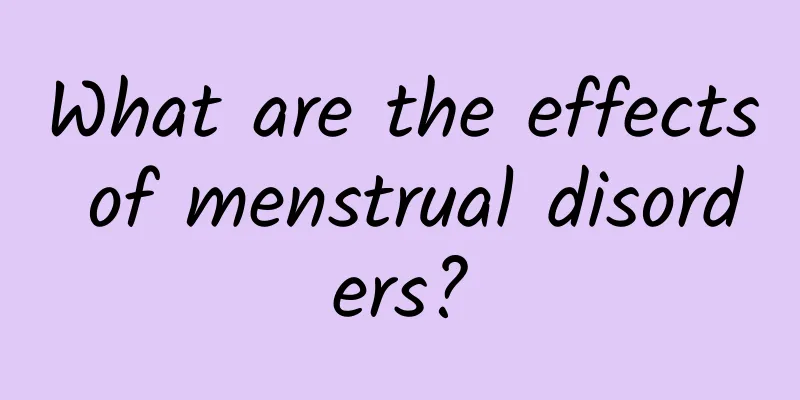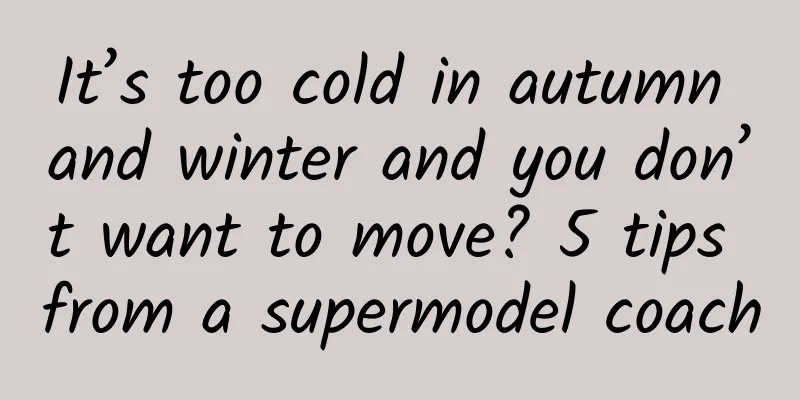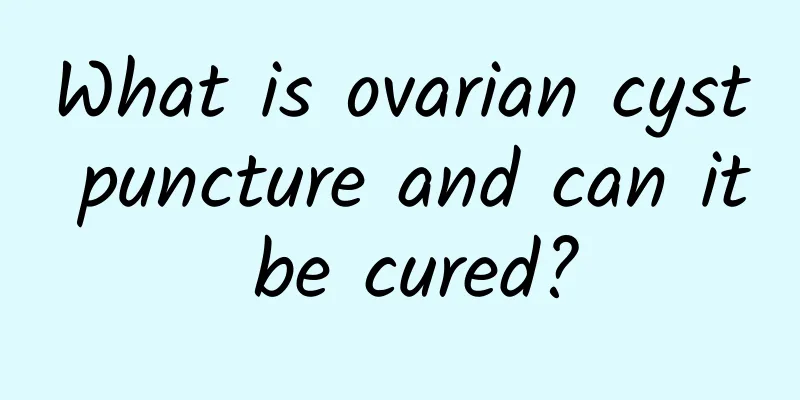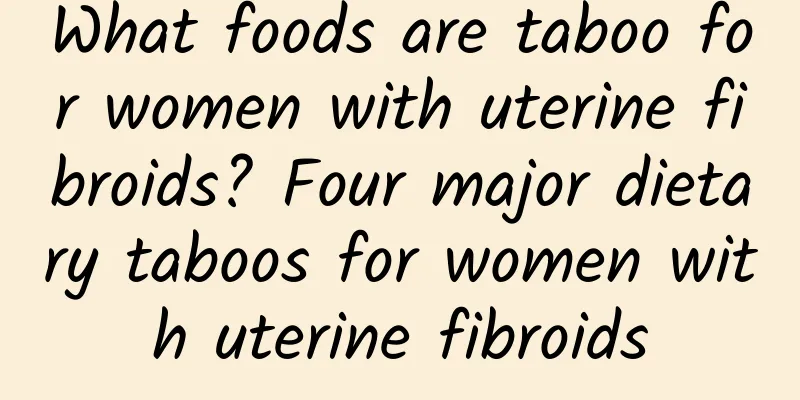Why do uterine fibroids still hurt after menopause? Why do uterine fibroids grow larger after menopause?
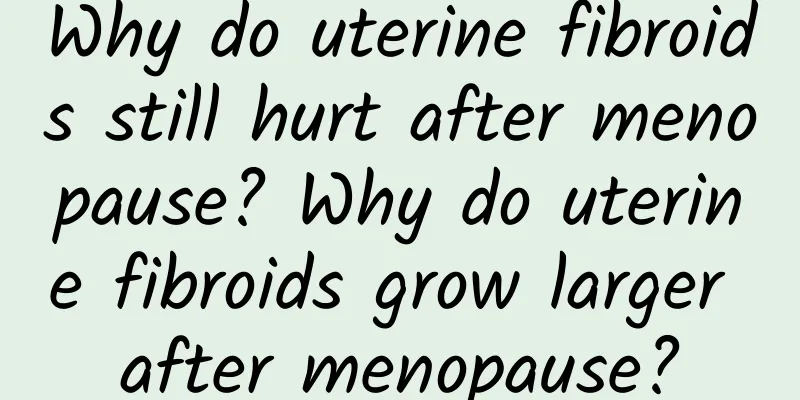
|
Why do uterine fibroids still hurt after menopause? Why do uterine fibroids grow larger after menopause? Postmenopausal uterine fibroids are a common gynecological disease. As women's hormone levels decrease after menopause, uterine fibroids will gradually shrink or stabilize, but some patients will experience pain symptoms, and there are also cases where the fibroids grow larger. This article will explain why postmenopausal uterine fibroids hurt and why they grow larger, and analyze the possible causes. Causes of pain 1. Residual uterine fibroid tissue After menopause, the endometrium gradually shrinks. If there is residual uterine fibroid tissue, these tissues may be compressed or irritated, causing pain. In this case, the pain of uterine fibroids is usually cyclical and related to the menstrual cycle. Residual uterine fibroid tissue may also cause endometriosis, which in turn leads to pelvic inflammation and aggravates the degree of pain. 2. Malignant changes Although the rate of malignant changes in postmenopausal uterine fibroids is low, it is not completely impossible. When uterine fibroids undergo malignant changes, they can cause pain. This pain is usually persistent and accompanied by other uncomfortable symptoms, such as abdominal distension or ascites. 3. Uterine fibroids combined with other diseases Some patients have other gynecological diseases after menopause, such as endometriosis, adenomyosis, etc. The presence of these diseases may increase the degree of pain and make the pain of postmenopausal uterine fibroids more obvious. Causes of enlargement 1. Imbalanced hormone levels After menopause, hormone levels in women gradually decrease, which causes uterine fibroids to shrink slowly or remain stable. However, some patients may experience enlarged uterine fibroids. This may be related to an imbalance in hormone levels, such as an increase in estrogen levels. Estrogen is an important factor in the growth of uterine fibroids. If estrogen levels increase, it may stimulate the growth of uterine fibroids and cause them to become larger. 2. Other lifestyle and environmental factors In addition to endogenous factors, exogenous factors may also play a role in the growth of postmenopausal uterine fibroids. For example, lifestyle factors such as obesity, lack of exercise, and poor diet are all associated with the growth of uterine fibroids. In addition, long-term exposure to chemicals and environmental pollutants may also cause the growth of uterine fibroids. 3. Influence of other diseases Postmenopausal patients usually suffer from other chronic diseases, such as hypertension, diabetes, etc. These diseases may affect the patient's lifestyle and treatment compliance, thus leading to the enlargement of uterine fibroids. There are many possible reasons why postmenopausal uterine fibroids hurt and grow. Pain may be caused by residual uterine fibroid tissue, malignant changes, or uterine fibroids combined with other diseases. Enlargement may be related to imbalanced hormone levels, lifestyle and environmental factors, and the influence of other diseases. In view of these reasons, patients should seek medical treatment in time for comprehensive treatment, including drug therapy, surgical treatment, and improved lifestyle. Under the guidance of a doctor, patients can effectively control the pain of postmenopausal uterine fibroids and prevent them from further enlargement. |
Recommend
Is the cure rate of dysmenorrhea high?
Is the cure rate of dysmenorrhea high? Dysmenorrh...
How long does it take for cervical erosion to develop into cervical cancer?
If the patient shows moderate to severe cervical ...
Five ways to treat miscarriage
Women are not unfamiliar with the word abortion. ...
What should we pay attention to when we suffer from irregular menstruation?
What should we pay attention to when we suffer fr...
Cost of TCM treatment for functional uterine bleeding
TCM treatment of functional uterine bleeding --- ...
How to care for endometrial tuberculosis in life
Gynecologists say that women with endometrial tub...
What should I pay attention to in my diet for pelvic inflammatory disease?
Dietary considerations for pelvic inflammatory di...
What are the symptoms of adnexitis?
What are the characteristics of adnexitis symptom...
What are the dangers of chronic cervicitis?
Chronic cervicitis is the most common gynecologic...
Winter stew is a good time! A female Chinese medicine practitioner teaches you how to DIY herbal medicine
The weather in autumn and winter is unstable with...
Experts explain how to treat chronic adnexitis
With the development of society, more and more fe...
Common symptoms of acute adnexitis
The causes of acute adnexitis are complex and hav...
Routine diagnostic sequence for cervical precancerous lesions
Cervical precancerous lesions are a disease that ...
What are the five major hazards of uterine fibroids? Harms and treatment of uterine fibroids
What are the five major hazards of uterine fibroi...
What are the hazards of congenital absence of vagina to women?
Congenital absence of vagina is a rare disease in...

